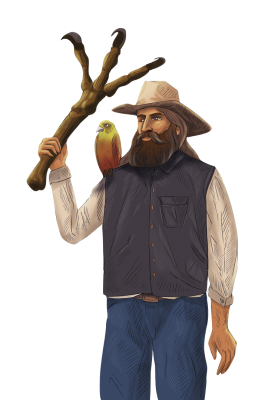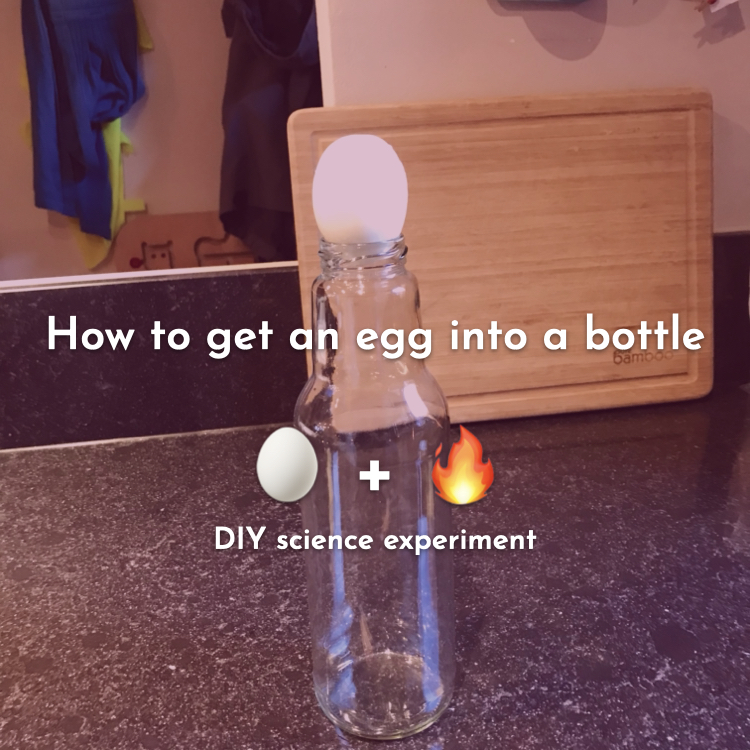Marvelous but true
Scientific wonderment for researchers ages 6 and up.
What is Marvelous but True?
Marvelous but True is a non-fiction book series about scientific wonderment. Dreaming, daring, thinking, and doing. For researchers ages 6 and up.
In these books, Jan Leyssens and Joachim Sneyers dive into the wonder and curiosity that proceeds scientific research. The books are about observing the world around us and wondering why things are as they are. And what we could do with them.
Science only becomes science after the experimentation and tinkering. When it’s repeatable. With these books we want to highlight an aspect of science that is often overlooked. The aspect of dreaming, questioning, and experimenting.

How it started
In 2017 Jan Leyssens was asked by TEDxAntwerpen as one of their speakers. He decided to talk about the science stories he tells his kids.
After his talk, Jan was asked if he wrote these stories down somewhere. The idea of a kids book series about the stories behind science was born. Together with the illustrator Joachim Sneyers, Jan created a first draft copy, and with Clavis they found a publisher who believed in the idea.
At this point the books are being published in Dutch, English, Danish, Russian and Bahasa.
In december 2020, “Mission to the bottom of the sea”, the first book in the series, was awarded with a “Best STEM book” award by the NSTA.

Books

Selected as 2021 Best STEM Books by the National Science Teachers Association (NSTA) and the Children’s Book Council!
Almost one hundred years ago, William Beebe and Otis Barton crawled into a tiny submarine to explore the depths of the sea. How did they come to invent the Bathysphere? And what did they find there, far below the ocean’s surface?
The first book in the non-fiction series “Marvelous But True”. A picture book about dreaming, daring, thinking, and doing. For researchers ages 6 years and up.

In the early part of the twentieth century, the researcher Marie Tharp worked on a detailed map of the bottom of the ocean. And then she made a discovery―a chasm down the middle of the Atlantic Ocean. Could this discovery help prove the age-old theory that the continents on Earth move?
The second book in a series about scientific wonder, now focusing on oceanographic cartographer Marie Tharp! Dreaming, daring, thinking, and doing. For researchers ages 6 and up.

The seventies. Astrobiologist Carl Sagan is looking for ways to get in contact with extraterrestrial life. When NASA sends satellites to the back of the solar system—and even further—Clark takes his chance: he launches all kinds of sounds and images from planet Earth into space. How did he do that? And where are they going to end up?
The third book in a series about scientific wonder. Dreaming, daring, thinking, and doing. For researchers ages 6 years and up.

The early nineteenth century. Mary Anning is only twelve years old when she discovers her first dinosaur skeleton while looking for fossils to sell. It isn’t just any skeleton; it’s the first almost complete Ichthyosaurus ever found. Over the next few years, more dinosaurs follow. Although Mary doesn’t get admitted to a university, her research would later form the basis for developing the theory of evolution, which made Mary one of the most important paleontologists in history.
The fourth book in a series about scientific wonder. Dreaming, daring, thinking, and doing. For little researchers ages 6 years and up.

Early twentieth century. Roald Amundsen plans to travel to the northernmost point of the globe. But after experiencing difficulties with ships and airplanes in polar regions, he needs a new method of travel. For many years, people had flown in airships. Could an airship take him to the North Pole? Would it work in such brutal cold? Eventually, Roald became the first person ever to reach both poles, but it took the work of many people―and some animals!―to make his journey possible . . .
The fifth book in a series about scientific wonder. Dreaming, daring, thinking, and doing. For researchers ages 6 years and up.



